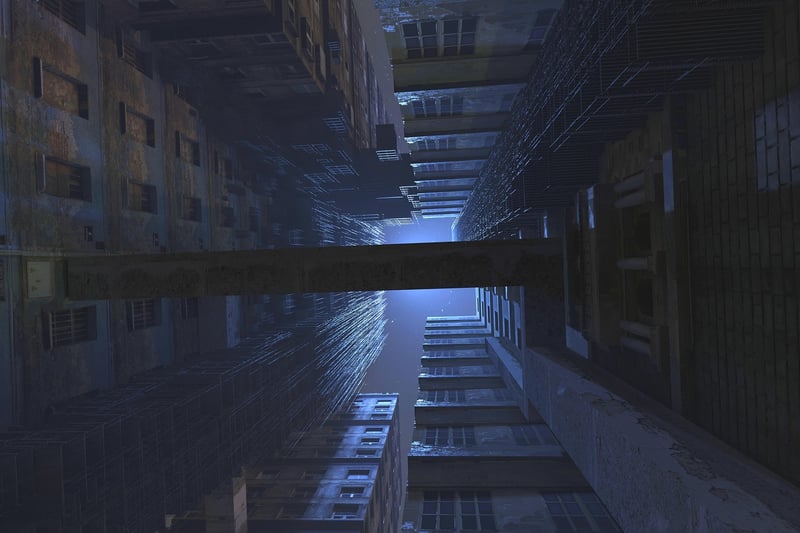Future Dystopian Society
Exploring Different Eras and the Future Dystopian Society
Introduction
Throughout history, humanity has witnessed various eras, each characterized by unique social, cultural, and technological advancements. From ancient civilizations to the industrial revolution and the digital age, these transitions have shaped the world we live in today. In contrast, the concept of a future dystopian society presents a stark vision of a world plagued by oppression, surveillance, and environmental degradation. Let's delve into the different eras and contemplate the possibilities of a dystopian future.
Ancient Civilizations
Ancient civilizations such as the Egyptians, Greeks, and Romans laid the foundation for human development. Their achievements in architecture, philosophy, and governance continue to influence modern society. Image of Ancient Greek architecture:

Industrial Revolution
The industrial revolution marked a significant shift towards mechanization and urbanization. It brought about advancements in manufacturing, transportation, and communication, transforming economies and societies. Image of Industrial Revolution factories:

Digital Age
The digital age, characterized by the rise of computers, the internet, and digital technologies, has revolutionized how we communicate, work, and access information. It has connected people globally and accelerated innovation across industries. Image of Digital Technology:

Future Dystopian Society
In contrast to the progress of past eras, a future dystopian society presents a bleak vision of a world plagued by authoritarian regimes, environmental collapse, and societal decay. It warns of the consequences of unchecked power and technological control. Image of Dystopian City:

Conclusion
Exploring different eras allows us to appreciate the progress and challenges that have shaped human civilization. By reflecting on the past and contemplating the possibilities of the future, we can strive to build a more equitable and sustainable world for generations to come.
